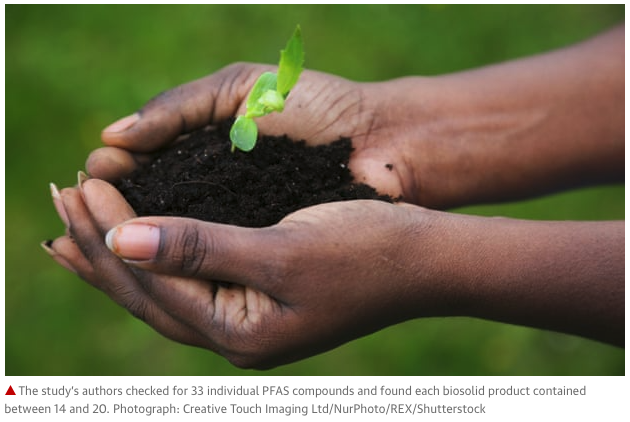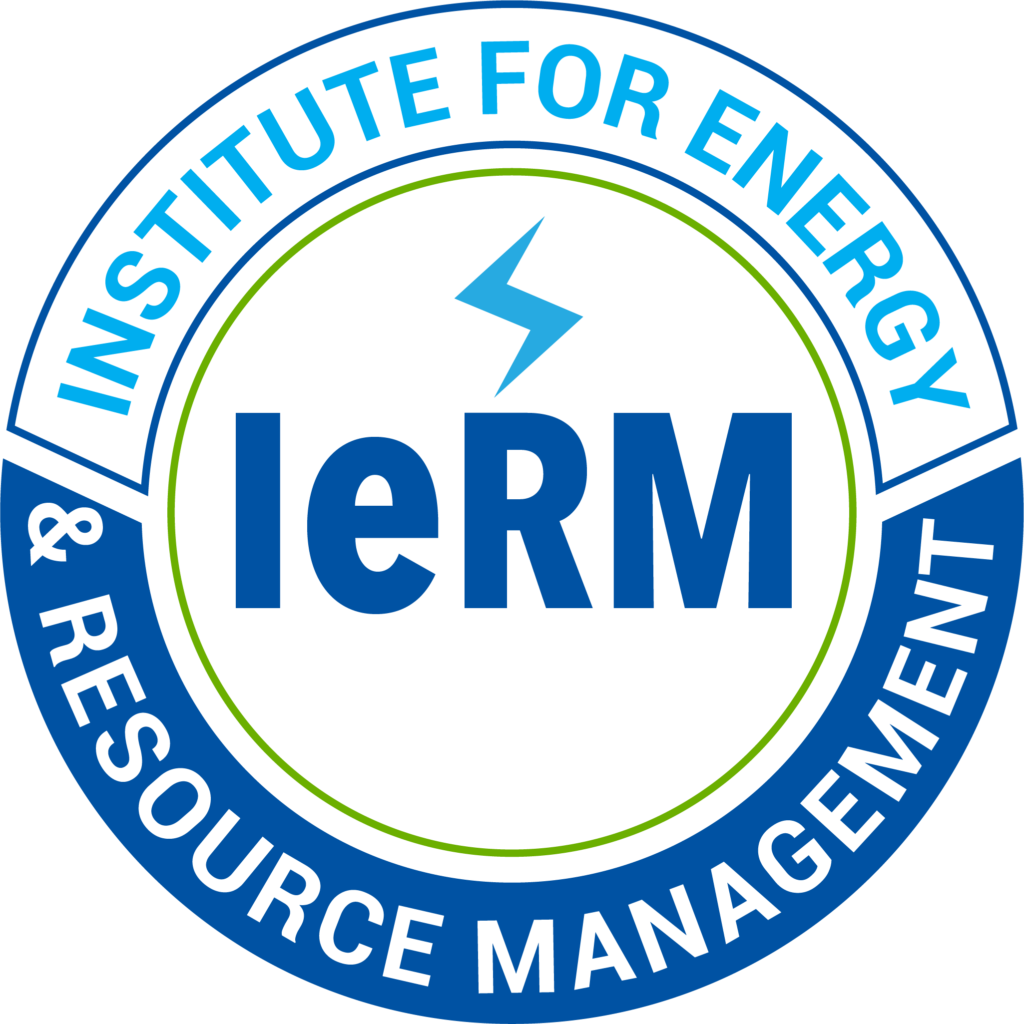
Sewage sludge that wastewater treatment districts across America package and sell as home fertilizer contain alarming levels of toxic PFAS, also known as “forever chemicals”, a new report has revealed.
Sludge, which is lightly treated and marketed as “biosolids”, is used by consumers to fertilize home gardens, and the PFAS levels raise concerns that the chemicals are contaminating vegetables and harming those who eat them.“Spreading biosolids or sewage sludge where we grow food means some PFAS will get in the soil, some will be taken up by plants, and if the plants are eaten, then that’s a direct route into the body,” said Gillian Miller, a co-author and senior scientist with the Michigan-based Ecology Center.
The testing, conducted with Sierra Club, found the chemicals in each of nine brands of biosolids it checked and at levels that exceed standards set for two common types of PFAS. The biosolid brands are sold at stores like Home Depot, Lowes, Menards and Ace Hardware.
PFAS, or per- and polyfluoroalkyl substances, are a class of about 9,000 compounds that are used across dozens of industries to make products water, stain and grease resistant. They’re also linked to a range of serious health problems like cancer, birth defects, endocrine disruption, and liver disease. They are known as forever chemicals due to their longevity in the environment once introduced.
Industries that use or produce PFAS often discharge the chemicals into public sewer systems where they travel to wastewater treatment plants, along with other industrial and human waste. Water is extracted from the waste, treated and released back into waterways. What remains in the treatment plants is a semi-solid mass of sludge that’s expensive for water treatment facilities to dispose of in landfills.
Sludge holds nitrogen, phosphorus and other nutrients that help crops grow, so with increasing frequency in recent years it’s treated and sold as home fertilizer, or given away to farmers. In 2019, about 60% of sewage sludge produced by treatment facilities was spread on farmland and gardens, as well as schoolyards and lawns.
For full article click on link below: https://www.epa.gov/sciencematters/epa-scientists-find-association-between-air-pollution-and-hospitalization-rates-among Waste and Resource Management



